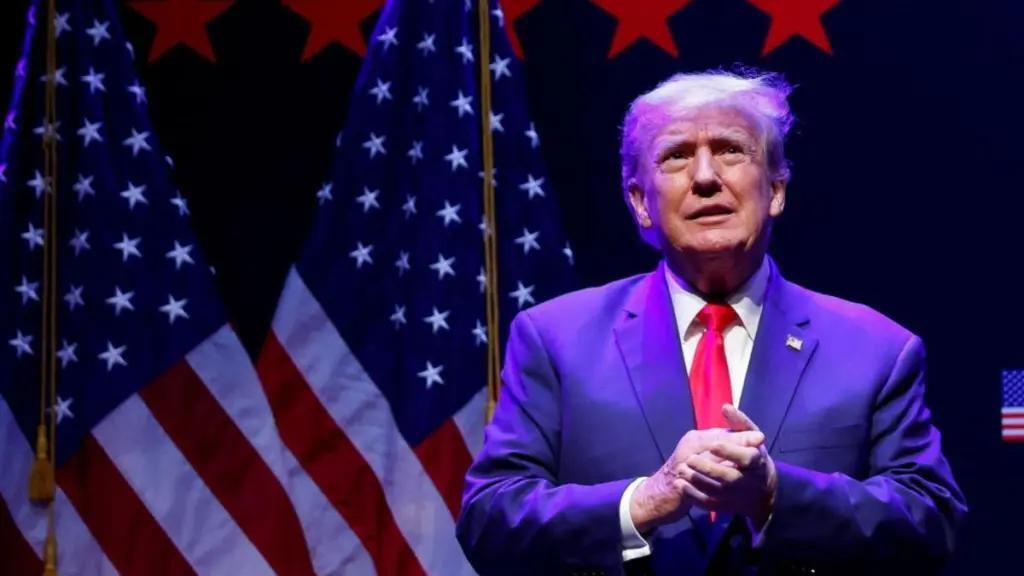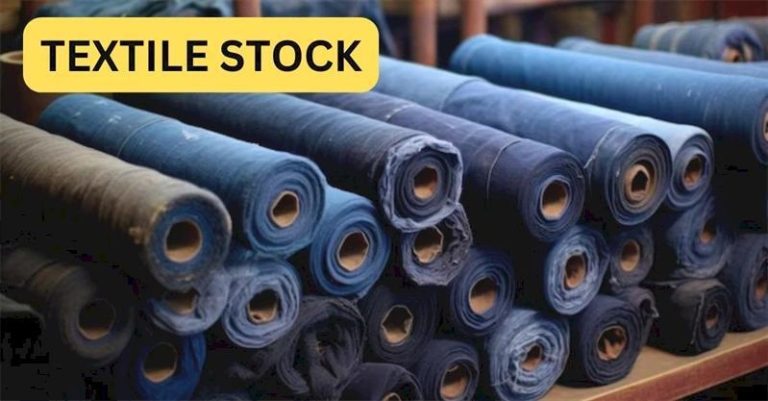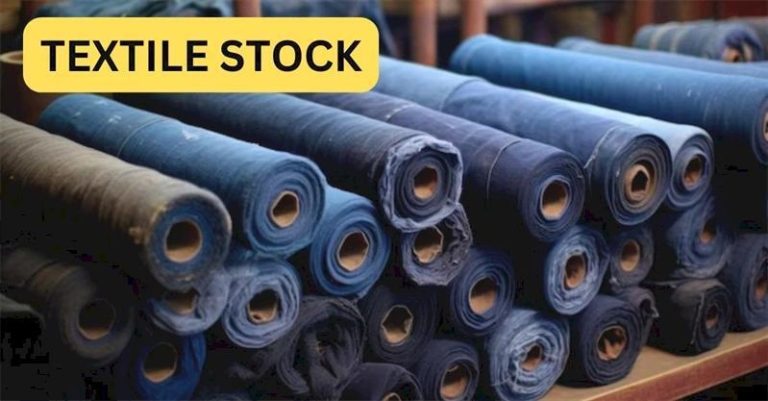
Donald Trump Exempts Smartphones & Computers from Reciprocal Tariffs
In a move that has sparked both relief and scrutiny, United States President Donald Trump has exempted smartphones, computers, and other electronic items from the reciprocal tariffs he imposed on Chinese goods. According to a Customs and Border Patrol notice, these items will be spared from the 125% tariffs, which were implemented in response to China’s alleged theft of intellectual property and forced technology transfers.
This decision comes amid concerns by tech giants, including Apple, that the tariffs could lead to significant price hikes for their products. Many of these gadgets are manufactured in China, and the tariffs would have added to the already rising costs of production. The exemption is seen as a welcome relief for companies like Apple, which has already announced plans to absorb the cost of the tariffs rather than passing them on to consumers.
The tariffs, which were imposed in August, target a wide range of Chinese goods, including solar panels, wind turbines, and electronics. The 125% tariffs are in addition to the 25% tariffs already imposed on $250 billion worth of Chinese goods. The US has accused China of unfair trade practices, including intellectual property theft, forced technology transfers, and currency manipulation.
The exemption of smartphones and computers from the tariffs is a significant development, as these products are among the most popular and widely used electronic items in the world. The decision is likely to have a significant impact on the tech industry, which has been vocal about the negative effects of the tariffs.
Apple, in particular, has been vocal about the impact of the tariffs. In a letter to the US Trade Representative, the company highlighted the risks of tariffs on its products, including the potential for price increases and damage to its supply chain. The company also pointed out that the tariffs would disproportionately affect lower-income consumers, who would be forced to pay higher prices for essential electronics.
Other tech companies, including Samsung and Intel, have also expressed concerns about the tariffs. In a statement, Samsung said that the tariffs would “adversely impact” its business and “harm American consumers.” Intel, meanwhile, warned that the tariffs would “undermine” the US tech industry and “harm American workers.”
The exemption of smartphones and computers from the tariffs is seen as a significant win for the tech industry. However, it is not clear whether the exemption will be limited to these specific products or if other electronic items will also be spared from the tariffs. The Customs and Border Patrol notice does not provide specific details on which products are exempt, leaving many questions unanswered.
The exemption has also sparked questions about the fairness of the tariffs. Critics argue that the tariffs are unfair and will ultimately harm American consumers, who will be forced to pay higher prices for goods. Others argue that the tariffs are a necessary step to protect American intellectual property and to address China’s unfair trade practices.
In a statement, the US Trade Representative said that the exemption was made “to address the concerns of the tech industry” and to “minimize the impact” of the tariffs on American consumers. However, the statement did not provide further details on the exemption or how it would be implemented.
The exemption has also drawn criticism from some quarters. China has accused the US of “tariff mania” and of trying to “bully” other countries. In a statement, the Chinese Ministry of Commerce said that the US was “playing with fire” and that the tariffs would only “harm American consumers and workers.”
The exemption of smartphones and computers from the tariffs is a significant development in the ongoing trade tensions between the US and China. While it is a welcome relief for the tech industry, it remains to be seen whether the exemption will have a broader impact on the trade relationship between the two countries.
As the trade tensions continue to escalate, one thing is clear: the tech industry is a key player in the trade war between the US and China. The exemption of smartphones and computers from the tariffs is a significant win for the industry, but it is also a reminder of the complex and interconnected nature of global trade.






